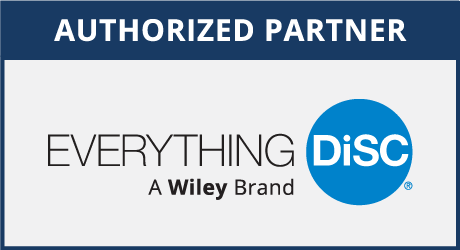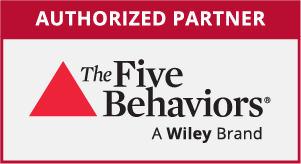That’s a great question and I had no idea until I read A World Gone Social by Ted Coine and Mark Babbitt. According to Coine and Babbett, the Social Age is a revolution, one that affects all parts of the business model. The way an organization creates, delivers, and captures value. The way a business talks with employees, customers, communities, even regulators and government. And certainly the way leaders lead and behave.
In the Industrial Age, a top-down, command-and-control management style was highly effective. The leader made all the decisions and the employees were asked to check their brains at the door, do their job and, in return, would receive a paycheck on Friday. But with the exploding growth of social media where customers, vendors, and employees have a voice … with an audience … everything changed.

We live and are doing business in a hyper-connected world. Here are a few reasons why “going social” is important to you as a leader:
- Your customers have gone social. As customers revert to social media to express their trust or disgust with organizations’ products and services, it is important that leaders and brand ambassadors are engaged on social media. Do you remember Dave who had a customer service gripe with United Airlines for breaking his guitar? He took to social media and 5 years and 14+ million YouTube hits later, United Airline continues to deal with the voice of one disgruntled customer.
- Your employees have gone social. Engagement is more than the latest “flavor of the month.” Gallup’s extensive research shows that employee engagement is strongly connected to business outcomes — such as productivity, profitability, and customer satisfaction — and are essential to an organization’s financial success. According to the latest Gallup Engagement Index, 87% of workers are disengaged or “actively disengaged” costing the US economy up to $370 billion every year. According to Coine and Babbitt, actively disengaged employees continue to outnumber engaged employees by nearly 2 to 1 – implying that at the global level, work is more often a source of frustration than one of fulfillment. What does that have to do with leadership in the Social Age? Your employees have gone social. If an employee is unhappy, bitter, or frustrated with their employer, those feelings are likely to cross over into social media, thus creating a negative brand perception of the organization. On a positive side, many organizations are using social media as a “hyper learning playground” where employees can share knowledge and resources to strengthen other employees and teams within the organization. (On a side note, I hope you will join me on Facebook, LinkedIn, and Twitter as I create a Hyper-Learning Playground for all things related to strengths-based leadership and team development!)
- Your “brand” has gone social. Whether you made an intentional decision to go social or not, your company’s brand is already there. A customer or employee with a Facebook page, LinkedIn profile, or Twitter handle has the power to promote or destroy your brand. Sites such as www.change.org and www.glassdoor.com have catapulted unprepared companies into firefighting and damage control mode. When used productively, social media can help you connect and build relationships with your customers. Social media is also a great tool for engaging and developing trust with employees, especially since 46% of the U.S. population reports having three or more social media accounts. Going social can also help you mine, recruit, and select a higher quality employee, thus enhancing your corporate brand.
In summary, social media can be dangerous if left to happenstance or it can be extremely powerful if used productively to build your business and your brand. It requires a decision, a strategy, and a commitment.
If you need assistance creating a Social Media strategy, I highly recommend A World Gone Social by Ted Coine and Mark Babbitt! It is a must-have resource to help you #ExerciseLeadership!
When will you begin?
QUESTION: How are you currently leveraging social media to build your business or brand? What is your commitment moving forward?




